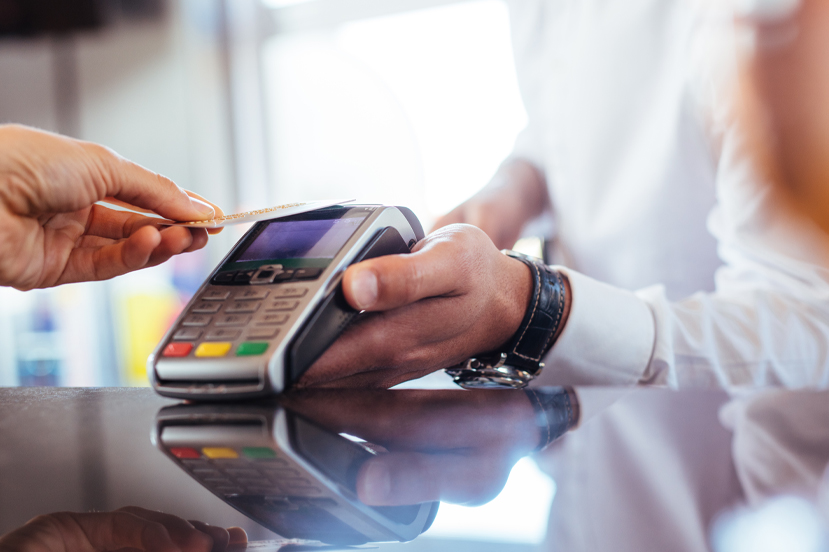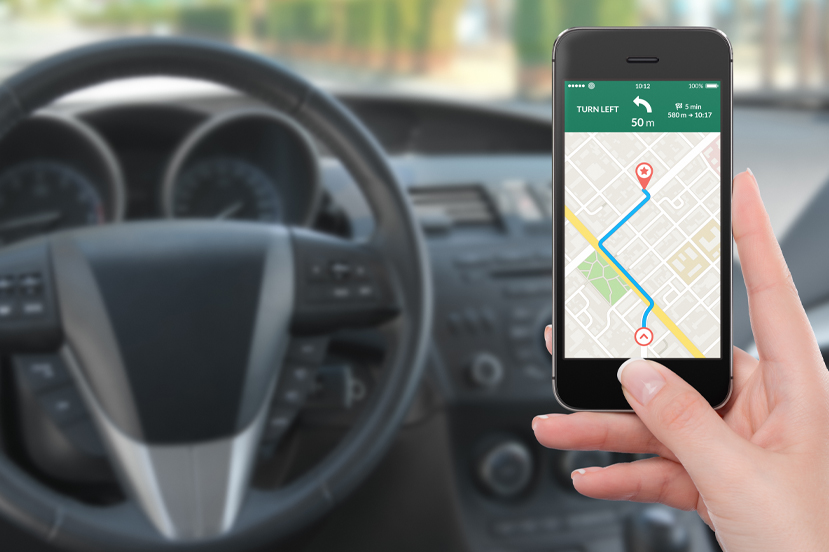Fraudsters are sending credit union members fake cashier's checks in an attempt to steal their hard-earned money. Though commonly thought of as more secure than electronic payments or personal checks, cashier’s checks — checks created by and payable by a bank — are not immune to fraud. Security features initially made these checks hard to forge, but nowadays almost anything can be faked.
Here are some common cashier’s check frauds, how to avoid them and what to do if you’ve found yourself with a phony check.
Common Cashier's Check Scams
Cashier’s check fraud isn’t a rampant problem. The use of all kinds of checks has declined as online payments have become more secure and accessible to more people. But cashier’s check fraud is dangerous partly because it’s not an everyday occurrence. Here are several common cashier's check scams:
EMPLOYMENT SCAMS
In an employment scam, the fraudster may inform a victim that they have been hired and that they need to complete a screening or other hiring process. They send a fake cashier's check to the victim to "cover the cost," and instruct them to send money or gift cards with the remainder of the money. Of course, the checks are fake, and the victim has lost all of the money they sent to the scammers.
LOTTERY WINS AND SURPRISE INHERITANCES
Victims are told that they’ve somehow won the lottery in a country they’ve never visited, or have received a surprise inheritance. This scam can be used to trick you into divulging personal information, such as bank account numbers, or into paying back a small portion of the money you have theoretically received in the form of a phony bank or cashier’s check. The payment to you, of course, doesn’t go through. As the old adage goes, if something sounds too good to be true, it probably is.
SECRET SHOPPER SCAMS
This common bit of trickery often appeals to vulnerable people who are looking for work, especially work-from-home jobs. The culprit will give you a bank check for an initial payment for a job you have yet to start — being a mystery shopper is a common one — and ask you to send back part of the money to activate your account. Once you send the money, you discover that their payment was bogus.
The Federal Trade Commission recommends you do a quick Google search with the name of the company and the words “complaint,” “reviews” or “scam.” Don’t wire money or agree to cash a check for a stranger. Never pay to be a mystery shopper.
PAYMENTS FROM ONLINE BUYERS
This one is more common than the others. In this scam, you’re selling an item on Craigslist, Facebook Marketplace or a similar online site. The buyer pays with a cashier’s check, takes your item and is long gone before you realize the check isn’t good.
Don’t take a bank check from someone you don’t know. If you must, ask the buyer to go with you to the bank that issued the check. A teller should be able to say if the check is good and the funds are available.
Signs of Fraud
Your best defense is to be cautious about accepting a cashier’s check in the first place. If you have received a check and want to know whether it’s good, “the eye test” can usually tell you a lot. If it’s black and white or looks like it’s been photocopied or printed on a cheap color printer, it’s fraudulent.
If a cashier’s check has a blank space for the payee, don’t accept it. These instruments have to be made out to a specific person or organization when they’re issued, so the payee can’t be filled in later.
We urge all members to exercise caution with regard to unsolicited job opportunities, secret shopping opportunities, and cashier's checks. Remember to look for signs of a scam, which can include:- Highly unprofessional emails
- Missing company street address
- Being asked to send back some of the money sent to you
- Strangely high check values
- Unsolicited opportunities
How to Protect Yourself
If you’re suspicious of a check, call the issuing bank to verify that the check is genuine — but don’t call the number printed on the check. If the check itself is phony, that number probably is, too. Instead, look up the contact information for the bank online and use the phone number listed there.
If you must take a check, wait several days after you deposit it before trying to use the funds. Sometimes the funds are made available to you even before the check has cleared, so if you spend that money right away, you would be on the hook if the check bounces.
If You're Victimized
If it happens to you, report the crime immediately to the parties involved — the bank where you deposited the check, the one that supposedly issued the check, the operator of the site or service where you met the person who gave you the check — and the Federal Trade Commission. You should also call your state consumer protection agency and the U.S. Postal Service if you received the check through the mail.
If you have been scammed, review the Federal Trade Commission's guide on what to do next.








